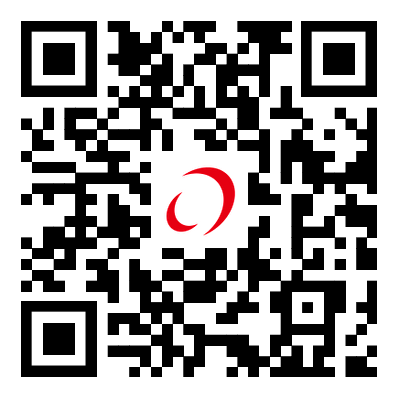
- English
- Español
- Português
- русский
- Français
- 日本語
- Deutsch
- tiếng Việt
- Italiano
- Nederlands
- ภาษาไทย
- Polski
- 한국어
- Svenska
- magyar
- Malay
- বাংলা ভাষার
- Dansk
- Suomi
- हिन्दी
- Pilipino
- Türkçe
- Gaeilge
- العربية
- Indonesia
- Norsk
- تمل
- český
- ελληνικά
- український
- Javanese
- فارسی
- தமிழ்
- తెలుగు
- नेपाली
- Burmese
- български
- ລາວ
- Latine
- Қазақша
- Euskal
- Azərbaycan
- Slovenský jazyk
- Македонски
- Lietuvos
- Eesti Keel
- Română
- Slovenski
- मराठी
- Srpski језик
The Enduring Appeal of Analog Radio Walkie Talkies in a Digital Age
2024-05-27
In a world dominated by smartphones and ever-increasing internet connectivity, it's easy to forget about the reliable simplicity of analog radio walkie talkies. While digital walkie talkies offer advanced features and clearer audio, analog radio walkie talkies continue to hold a special place in various industries and personal uses.
Tried-and-True Technology:
Analog radio walkie talkies have been around for decades, their technology refined and dependable. They operate on a specific radio frequency, allowing for direct communication between two or more devices tuned to the same channel. This straightforward approach makes analog radio walkie talkies incredibly easy to use, requiring minimal setup or technical knowledge.
Advantages of Analog Radio Walkie Talkies:
Cost-Effective: Compared to their digital counterparts, analog radio walkie talkies are generally more affordable. This makes them a budget-friendly option for businesses and individuals who need a reliable communication solution without breaking the bank.
Long Range Communication: Analog radio walkie talkies can offer excellent range, especially in open areas. This is particularly valuable in situations where cellular service might be unavailable, such as remote worksites, outdoor events, or even within large buildings.
Simple Operation: As mentioned earlier, analog radio walkie talkies are incredibly user-friendly. With a push of a button, users can instantly communicate, making them ideal for situations that require quick and clear communication.
Durability: Analog radio walkie talkies are known for their rugged construction. They can withstand drops, bumps, and even harsh weather conditions, making them a dependable choice for demanding environments.
Who Still Uses Analog Radio Walkie Talkies?
While digital technology offers advancements, analog radio walkie talkies remain a valuable tool in various sectors:
Construction: On construction sites, crews often rely on analog radio walkie talkies for clear and instant communication due to their long range and durability.
Security: Security personnel frequently utilize analog radio walkie talkies for effective communication and coordination, especially in situations where discretion is needed.
Hospitality: In hotels, restaurants, and other hospitality settings, analog radio walkie talkies can streamline communication between staff members, ensuring smooth operation.
Events: Event organizers and staff can leverage analog radio walkie talkies for efficient coordination and quick response during festivals, concerts, or conferences.
Outdoor Activities: Hikers, campers, and other outdoor enthusiasts often choose analog radio walkie talkies for reliable communication in remote areas where cell service might be limited.
While digital technology continues to evolve, analog radio walkie talkies will likely remain a relevant communication tool for many users who value their simplicity, affordability, and long-range functionality. They serve as a reminder that sometimes, tried-and-true technology can still be the most effective solution.




